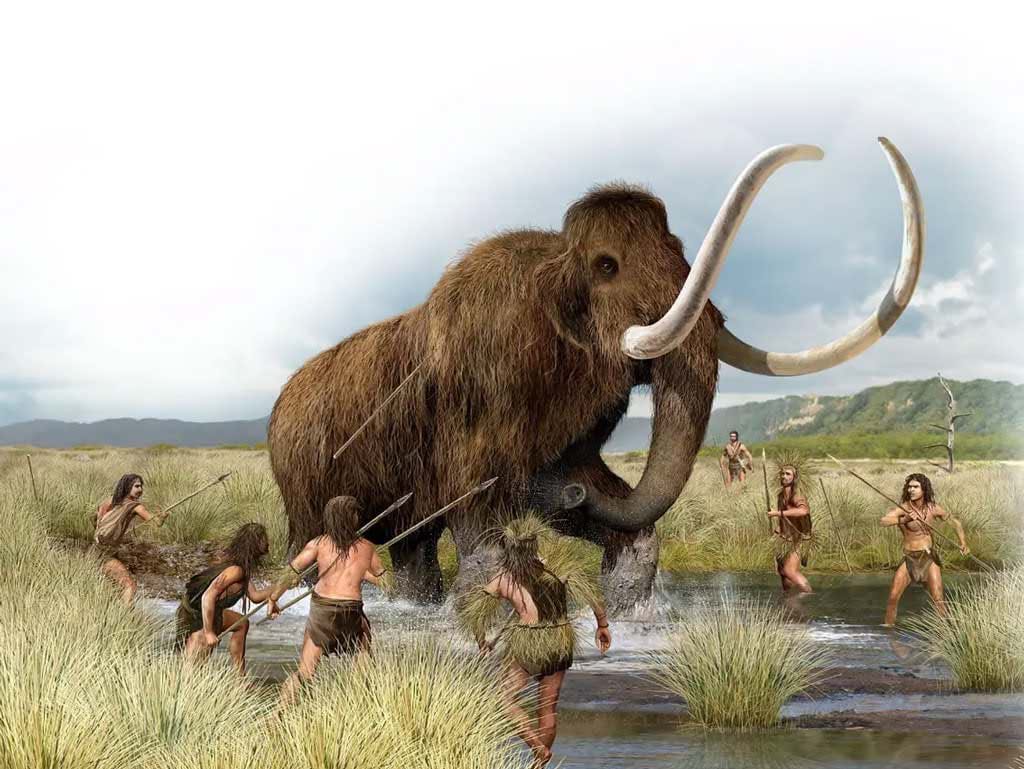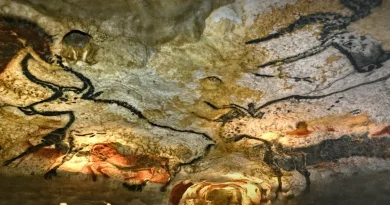Was the transition to agriculture the deadliest mistake in human history?

Some researchers, led by Jared Diamond, believe that the emergence of agriculture was the most fatal mistake of humans; However, this assumption may not be entirely correct.
The notion that our ancestors, humans, made a disastrous decision from a health perspective by transitioning from a hunter-gatherer way of life to agriculture is a completely proven hypothesis. Since about 12,000 BC, some of our ancestors began cultivating crop agriculture and gradually abandoned the equitable and sustainable hunter-gatherer lifestyle that was fruitful for hundreds of thousands of years.
Quoting from the New Scientist, the result of this transition was poor health, limited diets, new diseases, and unsustainable practices that peaked with climate change and the sixth mass extinction. This narrative is well accepted among the scientific community. Nevertheless, like many of our prehistoric stories, it is still impossible to firmly believe in it. Anthropologists generally measure prehistory in terms of progress; Therefore, the emergence of agriculture was considered progress compared to hunting and gathering, which was a more natural and ancient way of life.
However, it was in the late twentieth century that the theory of progress was criticized, and the question was raised as to why agrarian society is better than a hunter-gatherer society. Almost at the same time, research showed that the first farmers had worse health conditions compared to our hunter-gatherer ancestors. Important evidence for this issue was changes in the average height. In fact, it is well-known that people with proper nutrition are taller than malnourished people. Most importantly, archaeological records have shown that the first farmers were shorter than hunters.

According to a hypothesis, uncontrolled hunting of animals such as woolly mammoths may have caused humans to face nutritional deficiencies and turn to agriculture.
The belief in the catastrophic consequences of the transition to agriculture derives from an article written by Jared Diamond, a famous writer and researcher, in 1999. Diamond described agriculture as the ‘worst mistake in human race’s history.’ Thus, the interpretation of agriculture was completely neglected, but this was not the end. A month ago, an article was published in the National Academy of Sciences. The recent issue of this journal was actually a special issue on the behavior, adaptation, population, and evolution of humans 12,000 years ago. One of the articles in this issue, written by J. Stach and his colleagues from the University of Western Ontario, investigated changes in human body size. In this study, Stach and his colleagues completely reviewed the effects of agriculture on human health.
For this study, Stach and his colleagues examined skeletal information from 3,577 separate samples from 366 archaeological sites in Europe, Asia, and North Africa in detail. These skeletal remains included evidence from 34,000 years ago to the present day. It was quite clear that with this amount of information, researchers could find significant changes. And that was the case, and the findings showed that the average human body size gradually decreased from 34,300 years ago to about 6,000 years ago and has been rising since then.
If the transition from hunting and gathering to agriculture was detrimental to our ancestors, then this would not have happened. Perhaps the increase in body size around 6,000 years ago was due to mutations that allowed adults to digest animal milk.
Why did human stature decrease thousands of years before the emergence of small-scale agriculture? Researchers did not provide a clear answer to this question in their research. Nevertheless, they noted that ancient societies did not suddenly turn to agriculture; many early farmers still hunted and foraged for food. With these qualifications, the most devastating human mistake may be slightly blurred. It is also possible to include climate change.
Jared Diamond’s claim that agriculture is the worst mistake of our ancestors now seems exaggerated.
Between 11,000 and 12,000 years ago, the earth was in a cooler phase. About 20,000 years ago, the temperature reached its minimum. It is possible that the cold weather made life very difficult for hunters and gatherers of that time.
Nevertheless, we still do not know why human stature continued to decrease after the temperature rose again. One hypothesis is that humans became smaller due to ruthless hunting of large animals such as mammoths. This led to a shortage of nutritious meat. In 2021, researchers published an article on this and concluded that the ruthless hunting of large animals forced humans to gradually think about other food sources.
It can be imagined that hunter-gatherers gradually cleared their environment of all large animals; therefore, they had to hunt smaller prey and cultivate wild plants. This assumption can partially explain the shrinking of human stature over thousands of years; however, like other hypotheses, we do not know the exact answer.
Meanwhile, the claim that early humans caused a decline in the population of large animals itself is a controversial issue. However, by putting puzzle pieces together, recent research on human stature has been able to reconsider our assumptions about the impact of agriculture on health.
Now Jared Diamond’s claim that agriculture was the worst mistake our ancestors ever made seems overly exaggerated at best. In the meantime, perhaps the invention of absolute monarchy can be considered a much more disastrous mistake for the human race; but we still cannot push this discussion too far because agriculture did not cause an immediate increase in human stature. Therefore, this research cannot clearly support the fatalist idea; but perhaps it is better to see agriculture as the best possible choice for our ancestors in those days instead of seeing it as a foolish mistake.”




